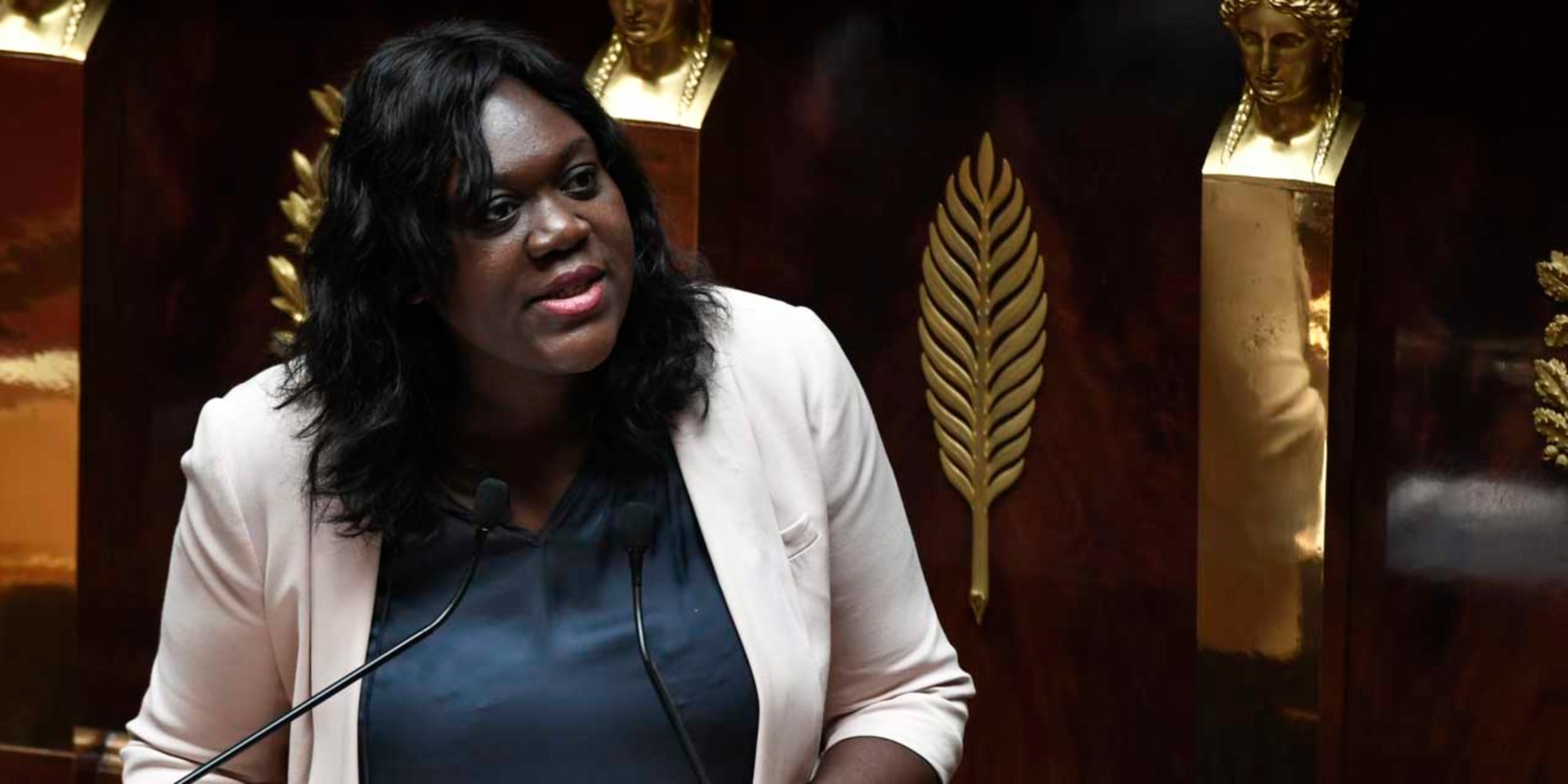It is a big blow for the majority: the constitutional council censured Thursday a large part of the law on the fight against hate online, carried by La République en Marche and adopted a month ago. The "Wise Men" notably judged that certain obligations incumbent on the operators of internet platforms violated freedom of expression and communication. The law, which is to come into effect on July 1, will therefore contain almost no obligation for platforms and no criminal sanction.
>> Find all of Nathalie Levy's programs in replay and podcast here
Fear of risk of improper deletion of content
Concretely, the Council considered that certain provisions could "encourage the operators to withdraw the contents which are announced to them, whether or not they are manifestly illicit", and considered "particularly short" the 24 hour period imposed on certain operators, "under penalty of penal sanction", for "withdrawing or making inaccessible obviously illicit contents because of their hateful or sexual character". He therefore considered that "the legislator has infringed freedom of expression which is not adapted, necessary and proportionate to the aim pursued".
In other words, the "Wise" fear that with this legal constraint, the platforms come to delete too much content by simple precaution. It is also in this spirit that they have struck out the provision providing for an hour's withdrawal for terrorist or child pornography content in the event of notification by the public authorities. Problem: these two censored provisions were the pillars of the text, and their censorship voids most of the law. Only the preventive aspect is intact, in particular the obligation for platforms to set up a button to report hateful content.
Majority seeks solution, opposition welcomes
Opponents of the law immediately applauded this opinion from the Constitutional Council. "The Avia law widely censored following the referral to the LR group in the Senate. There is almost only the title which is constitutional ...", reacted on Twitter the leader of the senators LR Bruno Retailleau. "The censorship will not be entrusted to the GAFAM. All those who are attached to freedom should rejoice," he added. "Heavy defeat for Belloubet. The Avia law against online hatred is almost entirely censored by the Constitutional Council. The liberticide will in check," said the leader of the rebellious Jean-Luc Mélenchon.
This censorship is a disavowal for all those who make profession of good-will and who do not stop making the moral to the French by wanting to dictate to them what they should think. https://t.co/bnCj1eR6y7
- Bruno Retailleau (@BrunoRetailleau) June 18, 2020For its part, Laetitia Avia, who had brought this bill, spoke in a press release. Disappointed, the deputy LREM takes note of the opinion of the constitutional council but assures "not to give up this fight for the protection of Internet users". She thus believes that the remarks of the Elders will nonetheless serve as a "road map" for the online hate observatory and the specialized prosecution, two bodies born with this text. "The law is not weakened. The CSA will still have a power of control over GAFAM", abounds a heavyweight of the majority questioned by Europe 1. A new legislative work on this subject of online hatred is underway. 'study.

